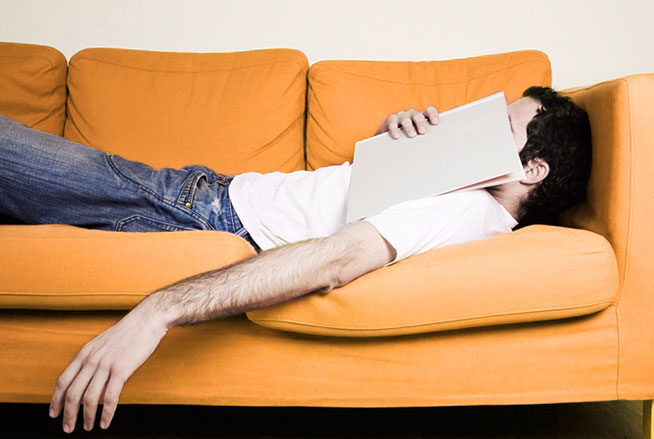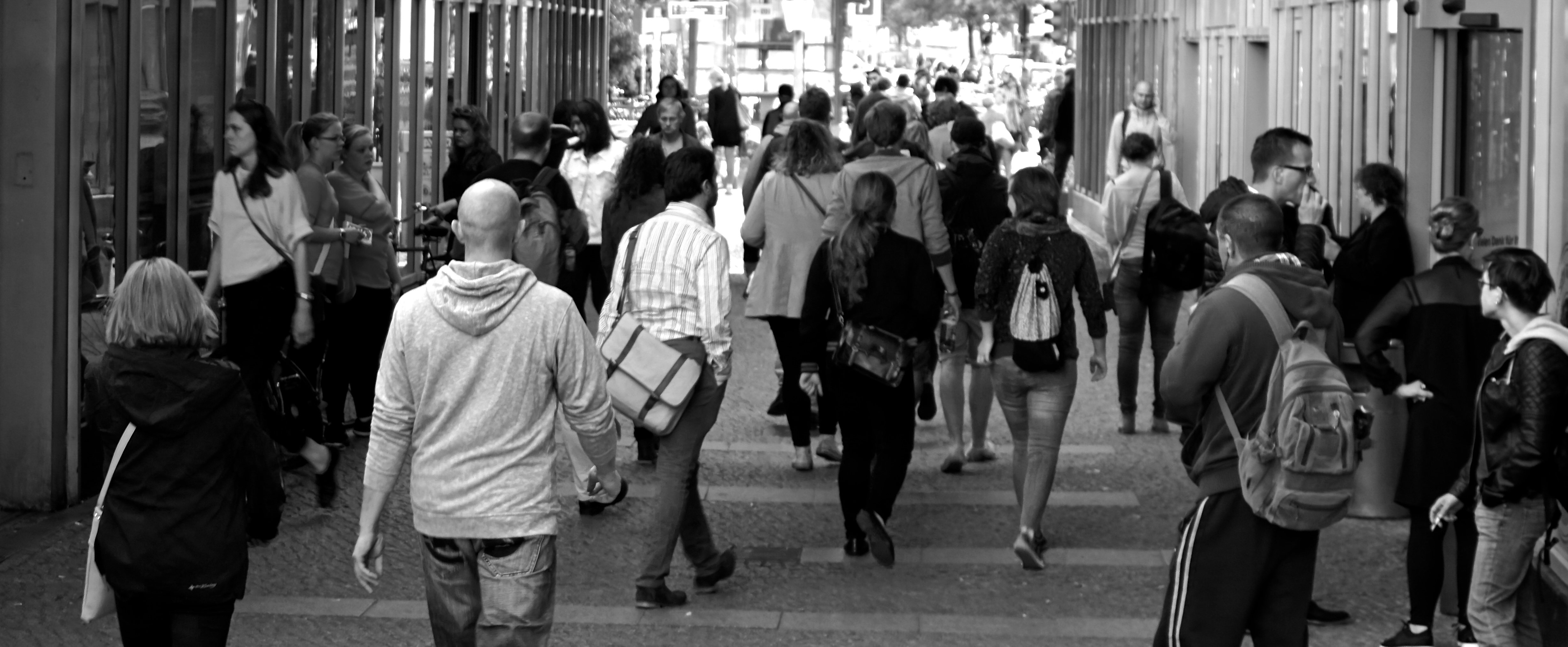Transparency is extremely important to us, so we are letting you know that we may receive a commission on some of links you click on from this page. See our disclaimer.
 Of the many health factors that can affect your productivity at work, Harvard's School of Public Health reports that additional focus might be needed on the benefits of sleep.
Of the many health factors that can affect your productivity at work, Harvard's School of Public Health reports that additional focus might be needed on the benefits of sleep.
“Employees who sleep better, work better, according to emerging research,” the post states. “Studies conducted by people like Nicolaas Pronk, adjunct professor of social and behavioral sciences at Harvard T.H. Chan School of Public Health, have broken ground when it comes to connecting the dots between productivity in the workplace and health indicators such as diet, exercise, and smoking and drinking habits.”
Adds Orfeu Buxton, also from Harvard Chan School’s Department of Social and Behavioral Health: “If you look at sleep, just hours of regular sleep, that has a much stronger impact.”
Indeed, lack of sleep can affect a range of issues. According to the post: “Sleep disruptions have been shown to impact people’s food preferences, steering them away from kale and toward donuts: ‘The Homer Simpson diet driven by night work and sleep loss,' Buxton said. Unhealthy lifestyles, in turn, can lead to sleep problems. The issues are woven together.”
Fast Company reports on “New Evidence for Letting Employees Nap at Work: Sleeping on the Job Has Measurable Benefits for Work Performance.” The piece review a new study in the journal Personality and Individual Differences, adding:
“Researchers at the University of Michigan recruited 40 participants—who ranged in age from 18 to 50—and asked them to perform various computer exercises, as well as answer questions about their mood and fatigue. Some of them were then allowed to indulge in an hour-long nap, while others watched a nature video instead. (The subjects had stuck to a consistent sleep schedule for three nights beforehand.) Following this, they repeated the computer-based tasks they had completed earlier.”
“The researchers found that the subjects who had taken a nap felt less impulsive, and weathered frustration more easily, than those who watched a nature video.”





0 Comments
Trackbacks/Pingbacks